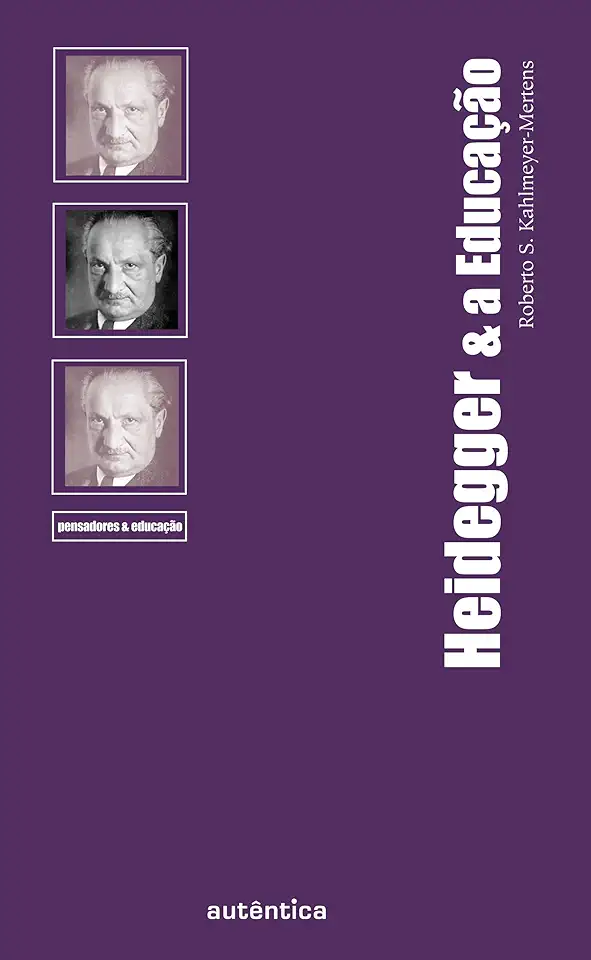
Heidegger & Education - Roberto S. Kahlmeyer-mertens
Heidegger & Education: A Philosophical Exploration
Introduction
In this groundbreaking work, Roberto S. Kahlmeyer-Mertens delves into the profound relationship between Heidegger's philosophy and the field of education. Through a comprehensive analysis of Heidegger's key concepts and their implications for educational theory and practice, Kahlmeyer-Mertens offers a fresh perspective on the purpose and nature of education in the modern world.
Heidegger's Philosophy and Education
Heidegger's philosophy, with its emphasis on human existence, being, and temporality, provides a unique lens through which to examine the complexities of education. Kahlmeyer-Mertens argues that Heidegger's insights can help educators understand the nature of learning, the role of the teacher, and the purpose of education in a rapidly changing world.
Key Concepts in Heidegger's Philosophy
Kahlmeyer-Mertens explores several key concepts in Heidegger's philosophy that have direct relevance to education. These include:
Being and existence: Heidegger's distinction between being and existence highlights the importance of understanding the unique way in which human beings exist in the world. This concept challenges traditional notions of education that focus solely on the acquisition of knowledge and skills.
Temporality: Heidegger's concept of temporality emphasizes the dynamic and ever-changing nature of human existence. This perspective encourages educators to view learning as a lifelong process that extends beyond the confines of formal schooling.
Dasein: Heidegger's term for human being, Dasein, captures the idea of human existence as being-in-the-world. This concept underscores the importance of understanding the learner's context and lived experiences in the educational process.
Implications for Educational Theory and Practice
Kahlmeyer-Mertens draws upon Heidegger's philosophy to develop a comprehensive framework for educational theory and practice. He argues that education should focus on:
Cultivating self-awareness: Education should help learners develop a deep understanding of themselves, their place in the world, and their unique potential.
Fostering critical thinking: Education should encourage learners to think critically about the world around them, question assumptions, and engage in meaningful dialogue.
Promoting authentic learning: Education should provide opportunities for learners to engage in authentic learning experiences that are relevant to their lives and interests.
Encouraging creativity: Education should nurture creativity and imagination, allowing learners to explore new ideas and express themselves freely.
Conclusion
"Heidegger & Education" is a must-read for educators, philosophers, and anyone interested in the intersection of philosophy and education. Kahlmeyer-Mertens' insightful analysis of Heidegger's philosophy offers a profound and thought-provoking exploration of the nature and purpose of education in the 21st century. This book is a valuable resource for anyone seeking to deepen their understanding of the philosophical foundations of education and to develop innovative approaches to teaching and learning.
Enjoyed the summary? Discover all the details and take your reading to the next level — [click here to view the book on Amazon!]